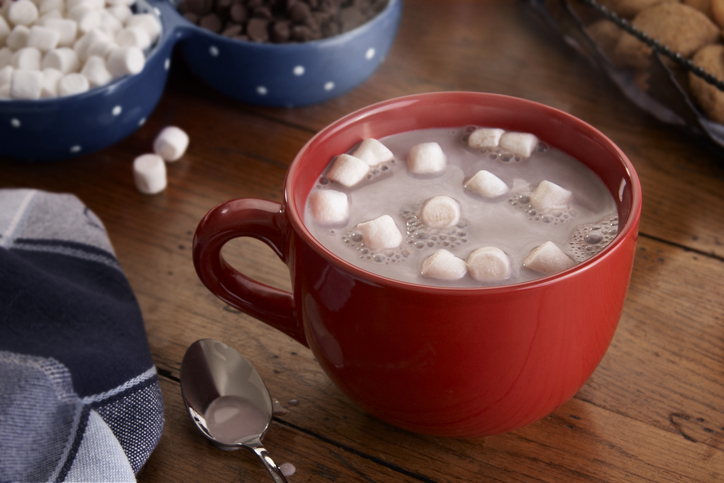Living with Chronic Pain
Tips to Stay Warm in Cold Temperatures

Cold temperatures and chronic pain are often not a good combination. Living in a cold climate can be challenging for those living with a chronic pain condition.
Some tips to stay warm during cold weather include the following:
- Dress in layers. Two or three thin layers will keep the body warmer than one thick layer. Layering provides more insulation and helps prevent body heat from escaping.
- Use mittens and hats. Keeping the temperature around the skin as warm as overall body temperature makes it less likely that blood vessels will spasm and close off circulation, causing pain. Wearing gloves or mittens in cold temperatures is essential for individuals with Raynaud's Syndrome. In addition, a scarf or covering for the face is very important for individuals with trigeminal neuralgia.
- Consider a small space heater. Small space heaters are reasonably affordable at big box stores. Putting these under a table or desk while working can help keep the feet nice and toasty. When purchasing a space heater, make sure it has safety features that prevent it from overheating and a mechanism that turns the heater off if it is knocked over. Follow all safety instructions provided with the heater.
- Use foot and hand warmers. These can be great in a pinch to warm the hands or feet. Make sure to read the directions and follow them accordingly.
- Keep moving. Circulation is the key to staying warm. Moving the body increases blood circulation, which helps to warm the body.
- Drink warm liquids. Whether it be hot cocoa, a cup of tea, or even some coffee, drinking warm liquids can help to keep the body warm. Even holding a warm beverage can help warm up the hands.
- Try heat therapy. Taking a hot bath, using a sauna, or even something as simple as using a heating pad, can help warm the body. While heat therapy is primarily used to relax tight muscles, it can also provide warmth.
- Stay away from alcohol. Alcohol causes blood to rush to the skin and lowers core body temperature. When drinking alcohol in cold weather, the body sends more blood to heat the skin, which decreases the blood supply to the heart, brain, and other vital organs. It is particularly dangerous to drink alcohol in cold temperatures if heart problems are an issue.
- Save the heat. Older homes are often drafty and hard to heat. Turning off the heat vents in unused rooms and placing a rolled-up towel or a draft stopper in front of the crack at the bottom of the door provides more heat for main living areas. Before closing off an unused room, make sure it doesn’t contain water pipes that could burst due to the freezing temperatures.
- Watch the weather report. Pay attention to the weather forecast to plan accordingly for frigid weather.
Keeping people warm is a billion-dollar business; thousands of products are designed and sold to provide heat. Everything from electric heating pads to heat-therapy rice pillows are available for purchase. There is something for every budget.
When using anything electric that creates heat, make sure to read and strictly follow all the product directions. When purchasing electrical appliances, such as heating pads or space heaters, look for products with safety features, such as automatic shut-offs.
Please note: If using medicated patches, avoid applying heat directly to the patch. Also, if tissue damage is present, the ability to differentiate temperature in the damaged area may be compromised, so be extra careful with heating pads and electric blankets.


















